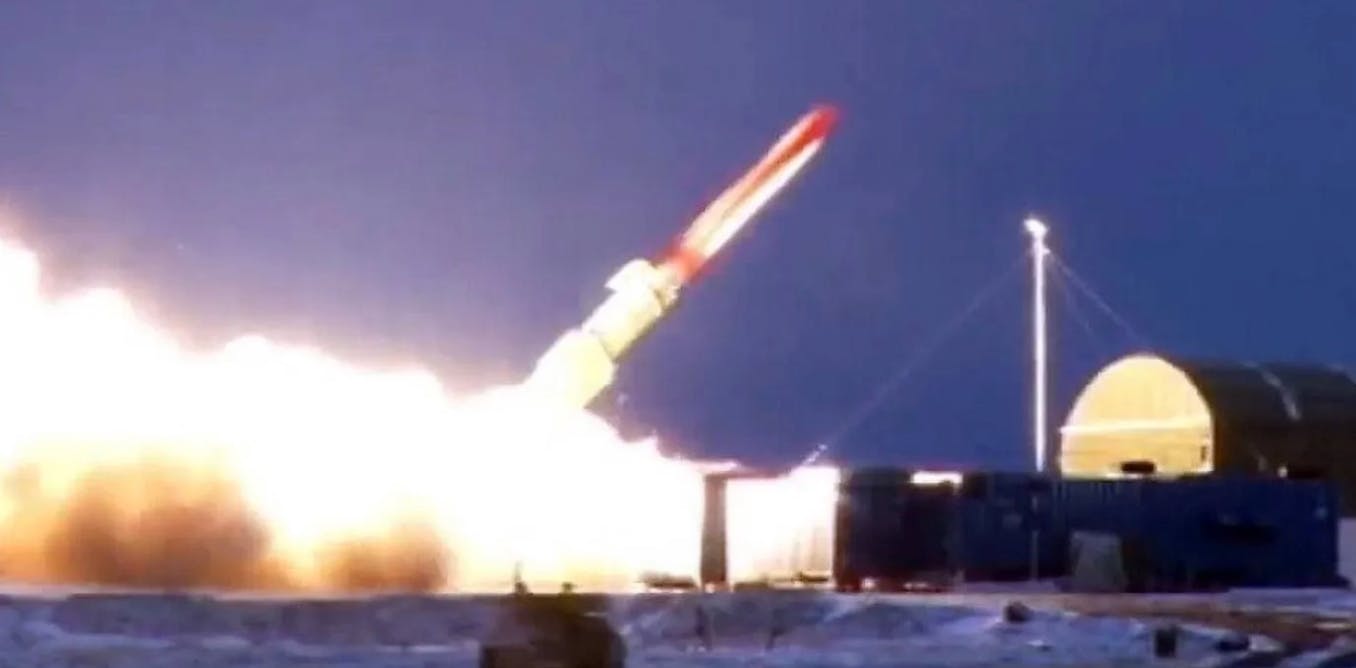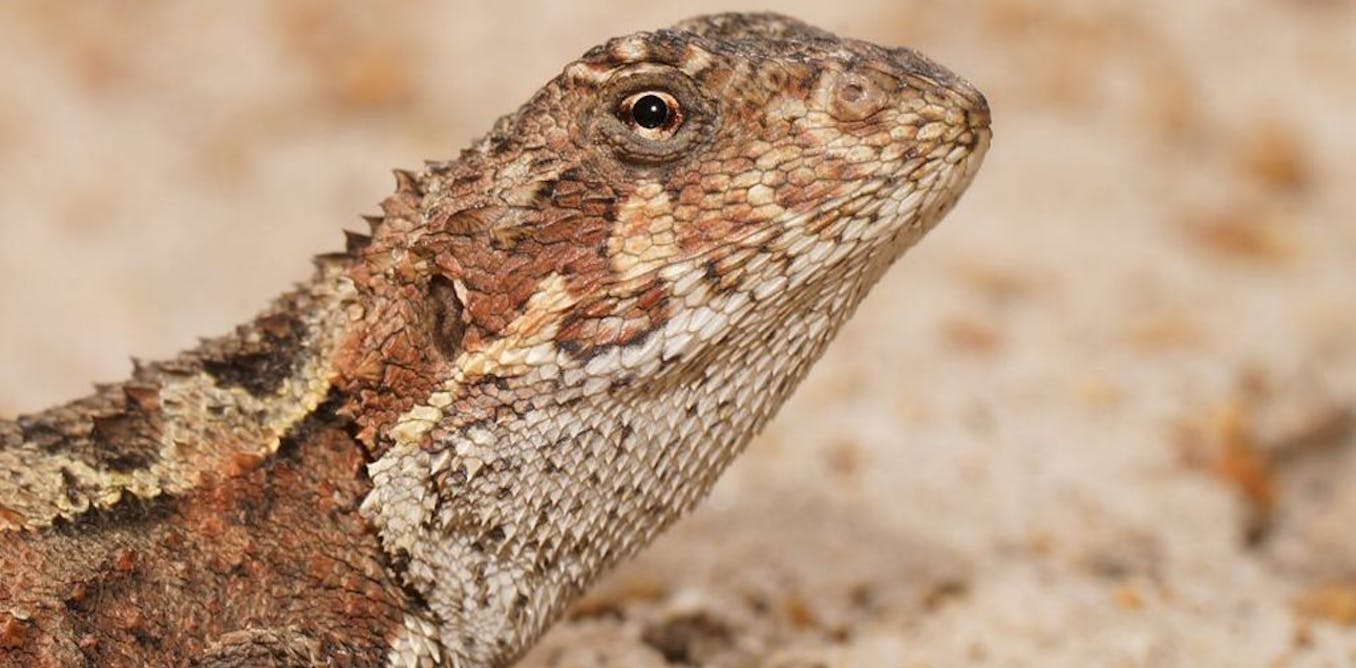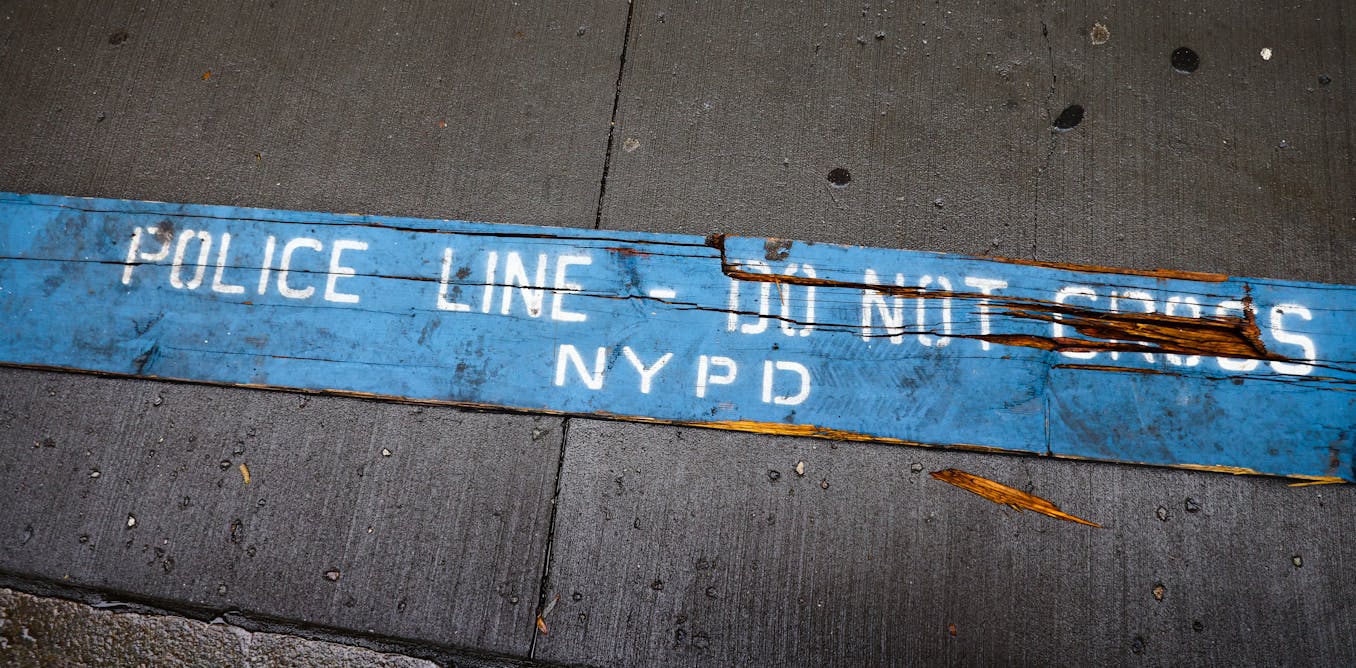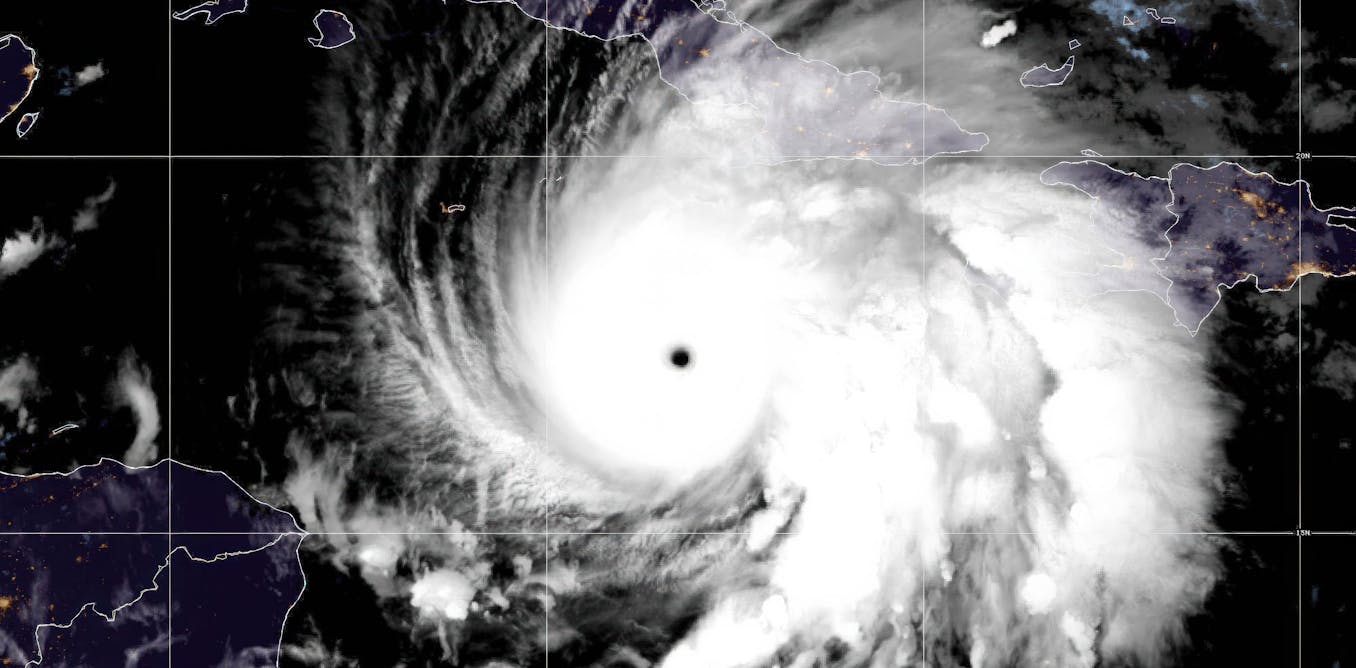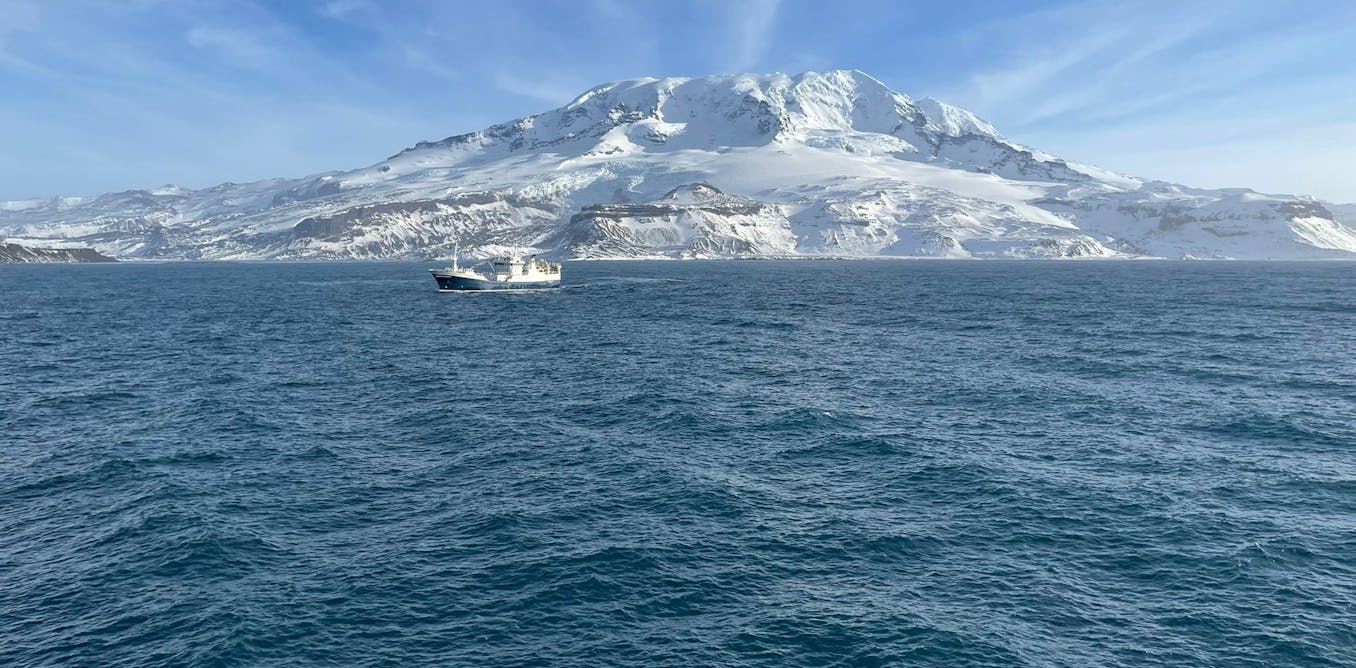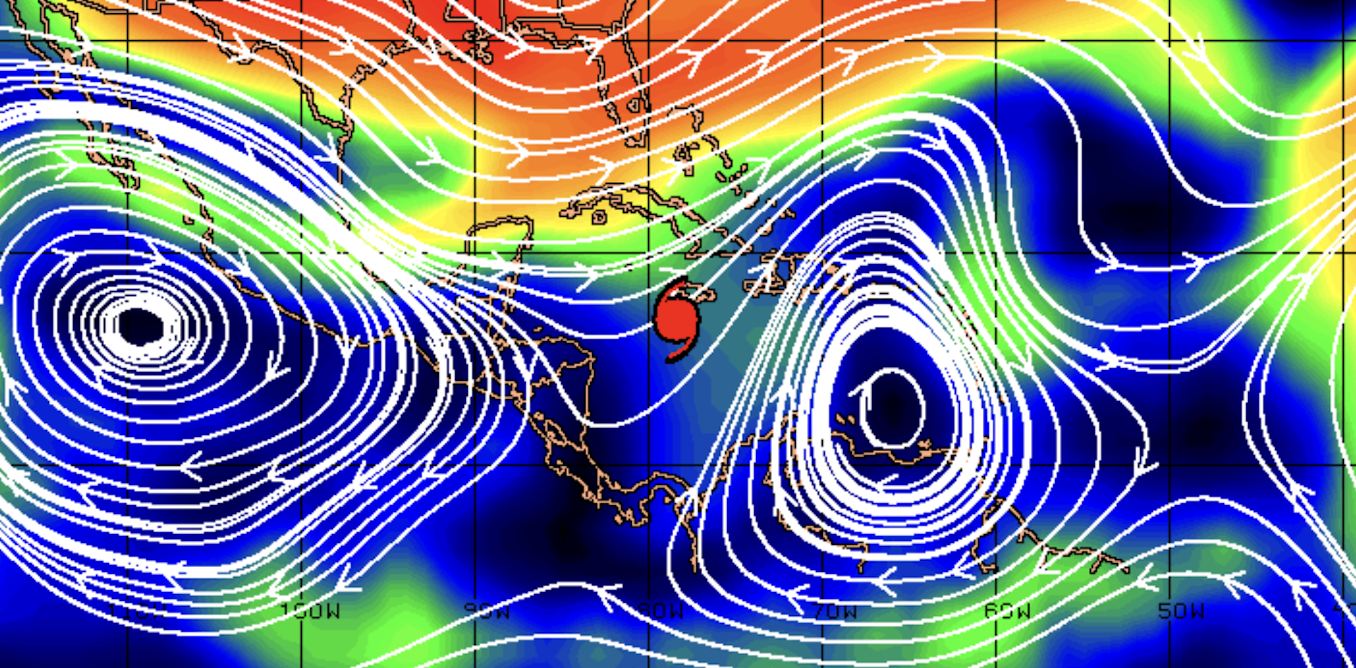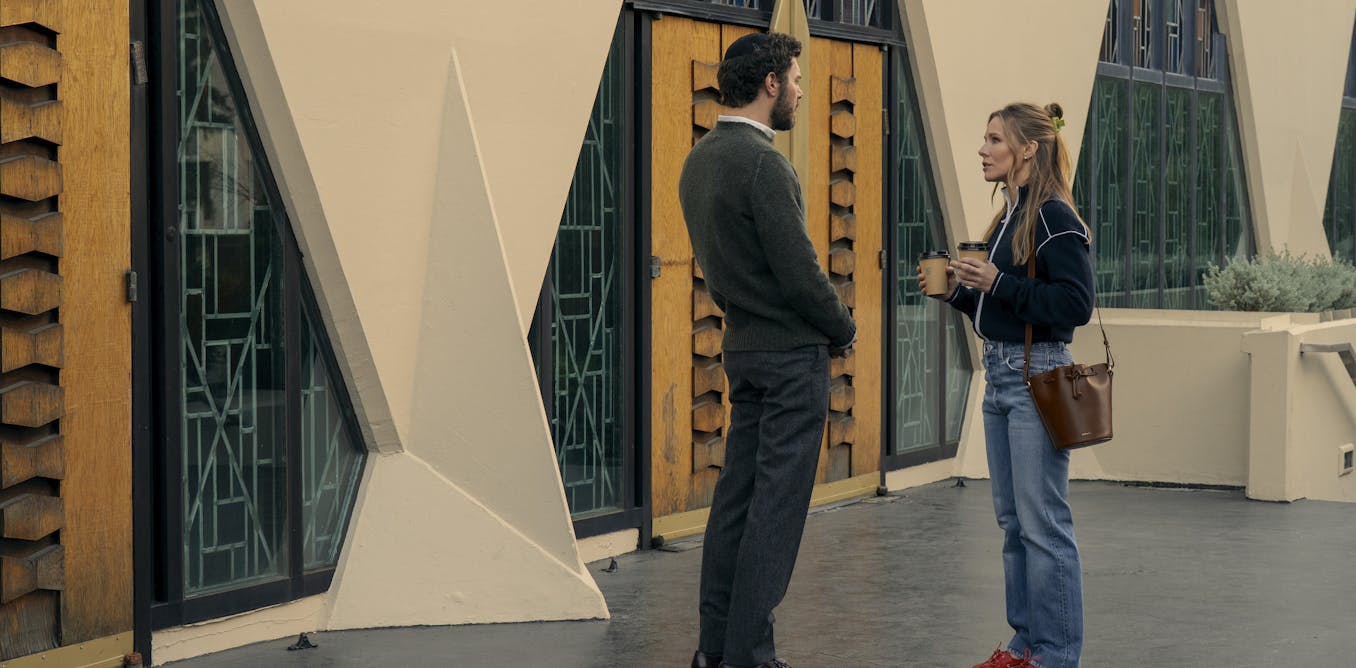Both as star and producer-director, Kevin Costner has staked his claim to succeed Clint Eastwood as the most prominent modern custodian and practitioner of the American western. Costner’s latest, the laboriously titled Western Horizon: An American Saga – Chapter 1 (the first of a promised four), emphatically reaffirms those pretensions.
As well as directing, producing, co-writing, and starring, Costner has invested considerable personal wealth – a reputed US$38 million (£30 million) – in a US$100 million venture he clearly sees as a personal quest.
His planned film series aims to tell the story of the settling of the frontier either side of the civil war from both settler and (to a limited degree) Native American perspectives. It will do so through a sprawling, multi-strand narrative with various threads that will eventually coalesce around the titular Texan township, Horizon.
The town’s origins provide this first instalment with whatever narrative cohesion it possesses. At this stage, though, all that really links the disconnected storylines is the promotional handbill for the settlements that implausibly appears in all of the film’s scattered locations.
Horizon is a random and militarily indefensible site deep in Apache territory to which its inhabitants seem inexplicably committed. The action around the town itself centres on reactions to a terrifying nocturnal Apache raid early in the film that all but razes the nascent settlement to the ground (certainly the film’s dramatic high point and almost its only meaningful action sequence).
These include a rather pallid slow-burn romance between a young mother widowed in the raid (Sienna Miller) and a lieutenant in the local US Cavalry outpost (Sam Worthington); the formation of a vigilante posse hunting Native scalps (ostensibly to avenge the raid but soon degenerating into indiscriminate ethnic cleansing); and tribal elder Taklishim’s (Tatanka Means) efforts to dissuade his hotheaded son from further violent confrontations with the whites.
Beyond this, the film’s other principal strands include a wagon train slowly (and frankly uninterestingly) following the Santa Fe Trail, and a murky revenge plot involving a murderous clan in Montana and Wyoming. The latter eventually embroils a horse trader with a shadowy past and a fast gun (Costner himself).
None of these strands arrives anywhere particularly significant by the end of the film. And despite the picture’s three-hour runtime, all seem to have lost chunks of narrative in the final edit.
This disjointed narrative structure, like the film as a whole, is both strikingly old-fashioned and highly contemporary. In many ways, Western Horizon seems to aim to be a 21st-century equivalent to the pageant-like 1962 blockbuster How the West Was Won.
Some sequences – such as a painfully unfunny comedy interlude involving the Irish sergeant-major Riordan (Michael Rooker) – seem explicable only as homages to the equally tedious sentimental knockabout to which John Ford was unfortunately attached in his cavalry westerns.
It has been somewhat adjusted for contemporary sensibilities and perspectives on frontier history, but the presence of black characters in the film is marginal, women’s roles barely venture beyond motherhood or sex work, and the Native American perspective is surprisingly inconsistent given Costner’s history.
His Oscar-winning directorial debut, Dances With Wolves (1990), echoed Vietnam-era westerns like Little Big Man (1970) by starkly reframing the frontier wars as a story not of manifest destiny, but Native American genocide. Here, the US Cavalry are depicted in a rather idealised fashion (referring to Native Americans, surely anachronistically, as “indigenous”).
While the non-judgmental depiction of a young sex worker (Abbey Lee) is refreshingly up-to-date, her instant attraction to the 69-year-old Costner will strike a false note with most contemporary viewers.
Richard Foreman
In general, Costner’s vision for his “town-taming” western seems closer to the mythic patriotic origin story of Ford’s My Darling Clementine (1947) than the riotous squalor of its most obvious modern rival, David Milch’s peerless HBO series, Deadwood.
For all that, in its leisurely pace and lack of singular narrative focus, Western Horizon plays much less like a classical feature film than the opening episodes of a streaming series. This first instalment concludes bizarrely with a trailer-like, three-minute montage of scenes from the upcoming parts as if previewing the following season.
Indeed, just as How the West Was Won’s visual spectacle reflected the imperative in 1962 to draw audiences away from their TV sets back into theatres, Western Horizon seems to express a systemic crisis in contemporary Hollywood’s prevailing business model.
The film weds the highly serialised narratives with which audiences are now most familiar to the diminished cultures of both the western and theatrical movie-going, and wagers that audiences will come back for more. The movie’s town as yet lacks a casino – but Costner’s Horizon is one hell of a gamble.
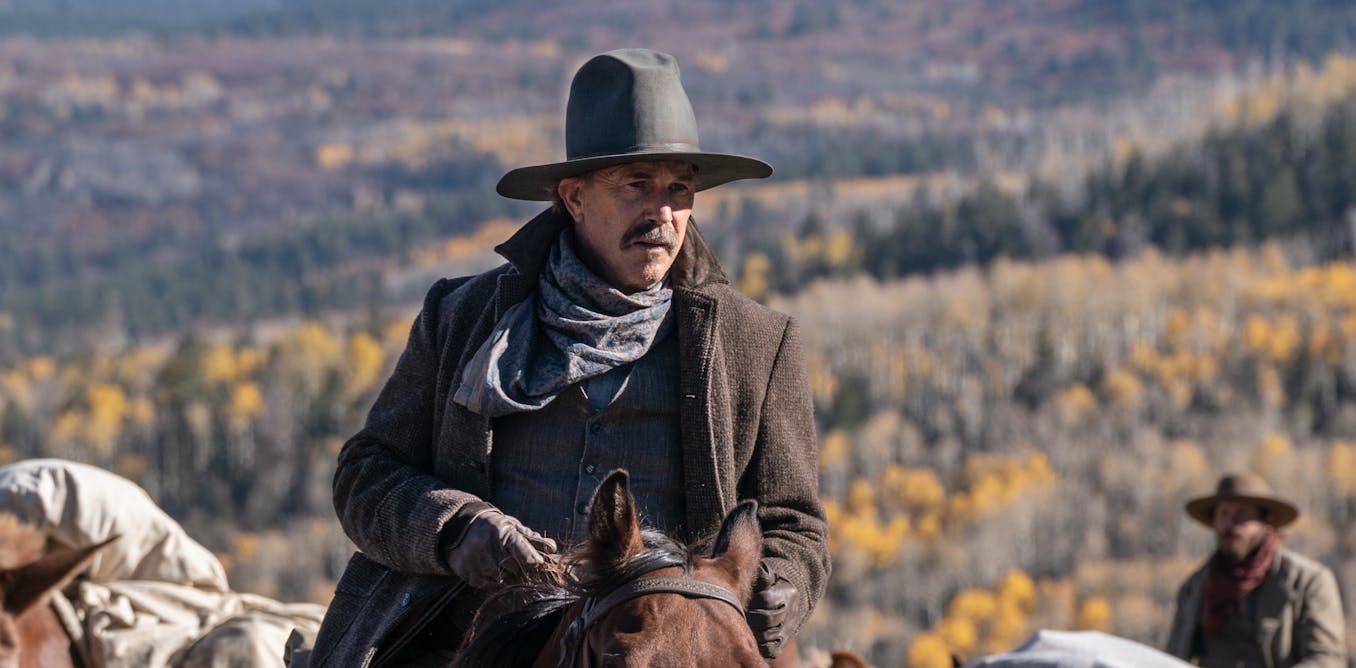
The post “An American Saga – first chapter of Kevin Costner’s epic is both strikingly old-fashioned and highly contemporary” by Barry Langford, Professor of Film Studies, Royal Holloway University of London was published on 07/02/2024 by theconversation.com



